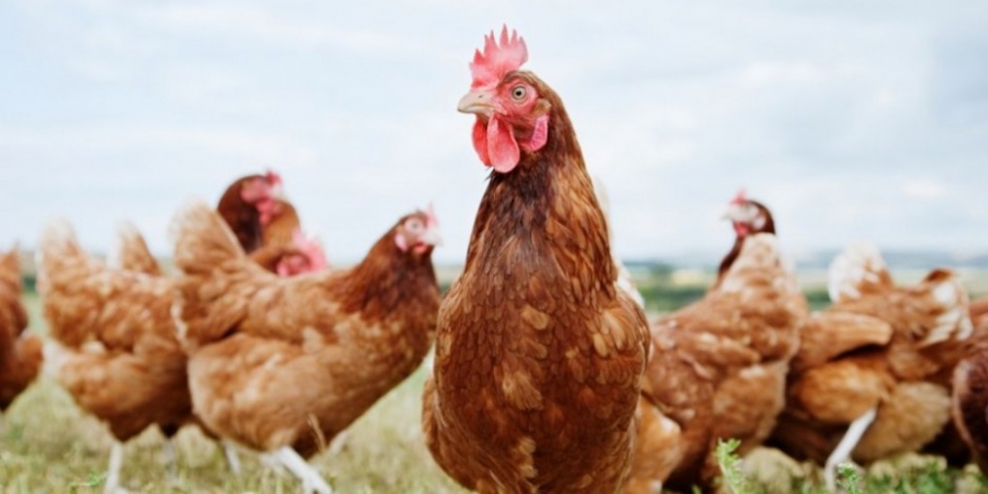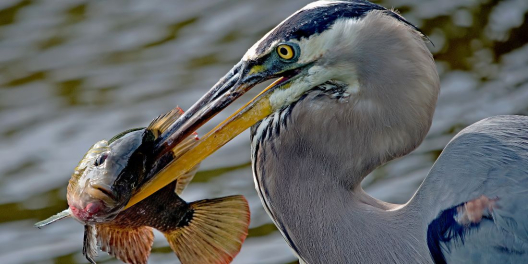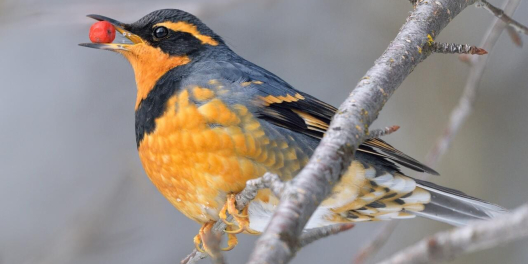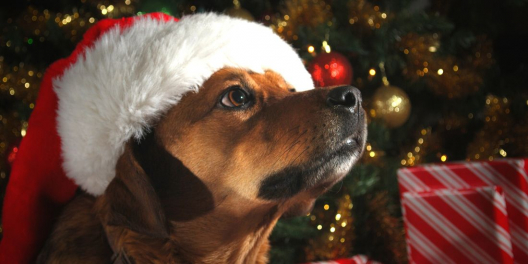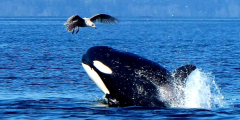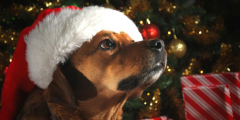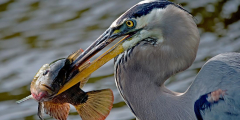Just when we eased off COVID restrictions, a new dangerous flu popped up on VanIsle.
Right now it’s just affecting birds, but it’s potentially transferable to humans.
The rapidly-spreading Avian Flu outbreak throughout North America has landed in BC. The Canadian Food Inspection Agency has confirmed eight outbreaks in BC, but no infections have been identified in humans.
Officially, the word is that this version of Avian Flu isn’t considered a significant concern for healthy people who are not in regular contact with infected birds.
A small poultry flock in the Comox Valley tested positive for the highly pathogenic H5N1 avian influenza virus last week
However, local governments, farmers and organizations are taking precautions to ensure Avian Flu doesn’t turn into the feathered counterpart to Corona.
The Mountainaire Avian Rescue Society (MARS) Wildlife Rescue Centre in Merville, BC, announced it would limit visitors due to the disease’s risk to its captive birds, including owls eagles, and albino crows.
Mars’s decision came after the first case on Vancouver Island was found last week.
The infected location has been put into quarantine, and other farmers within 12 kilometres have been notified about the positive result.
The government says human access to the flock is being reduced. To prevent any spread, increased cleaning, disinfection and sanitization requirements are in place for anyone entering areas where flocks are housed
Gylaine Andersen, wildlife rehabilitation manager at MARS, says, “It was a really difficult decision to close the visitor centre because we need the visitor centre to support the wildlife rehab program. But we just had to do it for the safety of our resident birds.“
Andersen said the temporary closure comes at the busiest time of year for the centre. She said MARS might struggle to weather the loss of income without public donations.
“At this time of year, we’re getting lots of little baby birds and baby mammals at the hospital,” she told CBC News.” “Over at the visitor centre, this is when we would have the most visitation from the public.”
According to the group’s website, the MARS wildlife hospital remains open, but Andersen said it would be “an expensive time of year” without funds for PPE and other medical equipment.
Poultry owners are being advised to use strict infection control measures and take precautions to keep their flocks separate, secure and unable to mix with wild birds, which are believed to be carrying the virus.
Additionally, an order requiring commercial poultry producers with 100 birds or more to keep birds indoors has been extended until June 13.
